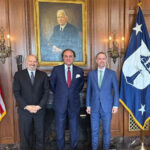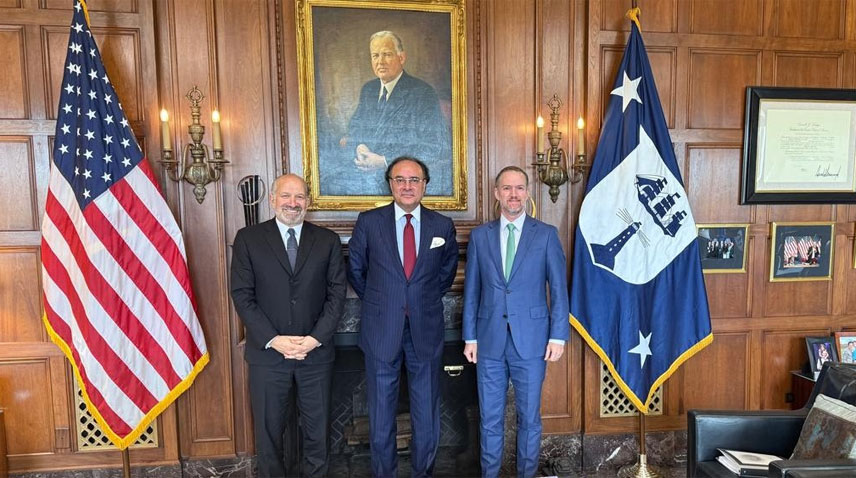Islamabad – June 20, 2025: Global immunization efforts have stagnated post-pandemic, with Pakistan emerging as the second-highest contributor to zero-dose children in South Asia, according to the latest report released by Gavi, the Vaccine Alliance, and UNICEF.
“Zero-dose” children are those who have not received a single routine vaccine, leaving them highly vulnerable to preventable diseases like measles, polio, diphtheria, and tetanus. The alarming figures indicate a serious challenge for Pakistan’s public health infrastructure, particularly in underdeveloped and conflict-affected regions.
Key Statistics and Findings
- Pakistan had over 610,000 zero-dose children in 2023, second only to India in South Asia.
- Most zero-dose cases were reported in remote districts of Balochistan, Sindh, and Khyber Pakhtunkhwa.
- The stagnation is attributed to post-COVID health system disruptions, vaccine misinformation, and conflict-driven inaccessibility.
“Every child left unvaccinated is a potential outbreak risk,” said Dr. Sania Nishtar, CEO of Gavi.
“We must urgently reach zero-dose children to achieve global health equity.”
Global Immunization Progress Falters
The report shows that global vaccination coverage plateaued in 2023, failing to rebound fully from the COVID-19 pandemic. Key observations include:
- Worldwide, 14.5 million zero-dose children were recorded.
- Progress in restoring routine immunization has stalled in lower-middle-income countries.
- Only a few nations, including Bangladesh and Rwanda, saw consistent improvements.
Pakistan’s Challenges and Missed Targets
Health officials cite multiple reasons for Pakistan’s low immunization rates:
- Geographic inaccessibility in tribal and remote areas
- Misinformation and religious resistance in conservative regions
- Weak local health systems, especially in flood-affected districts
- Interrupted cold chain supply and staffing shortages
While the Expanded Programme on Immunization (EPI) is active, logistical gaps and local opposition have undermined outreach. Efforts are now focused on reviving door-to-door campaigns, expanding Lady Health Worker programs, and digital vaccine tracking systems.
Call to Action
UNICEF and WHO are urging Pakistan and other high-burden countries to:
- Increase domestic funding for health infrastructure
- Deploy community-based interventions
- Strengthen partnerships with local NGOs and religious leaders to combat myths
- Ensure vaccines are equitably distributed and safely stored
“Zero-dose children are not statistics — they are lives at risk. We must act now,” said UNICEF Pakistan’s health officer in a press release.
#VaccinationCrisis #ZeroDoseChildren #PakistanHealth #GlobalImmunization #GaviReport #ChildHealth #ImmunizationEquity #UNICEF

















